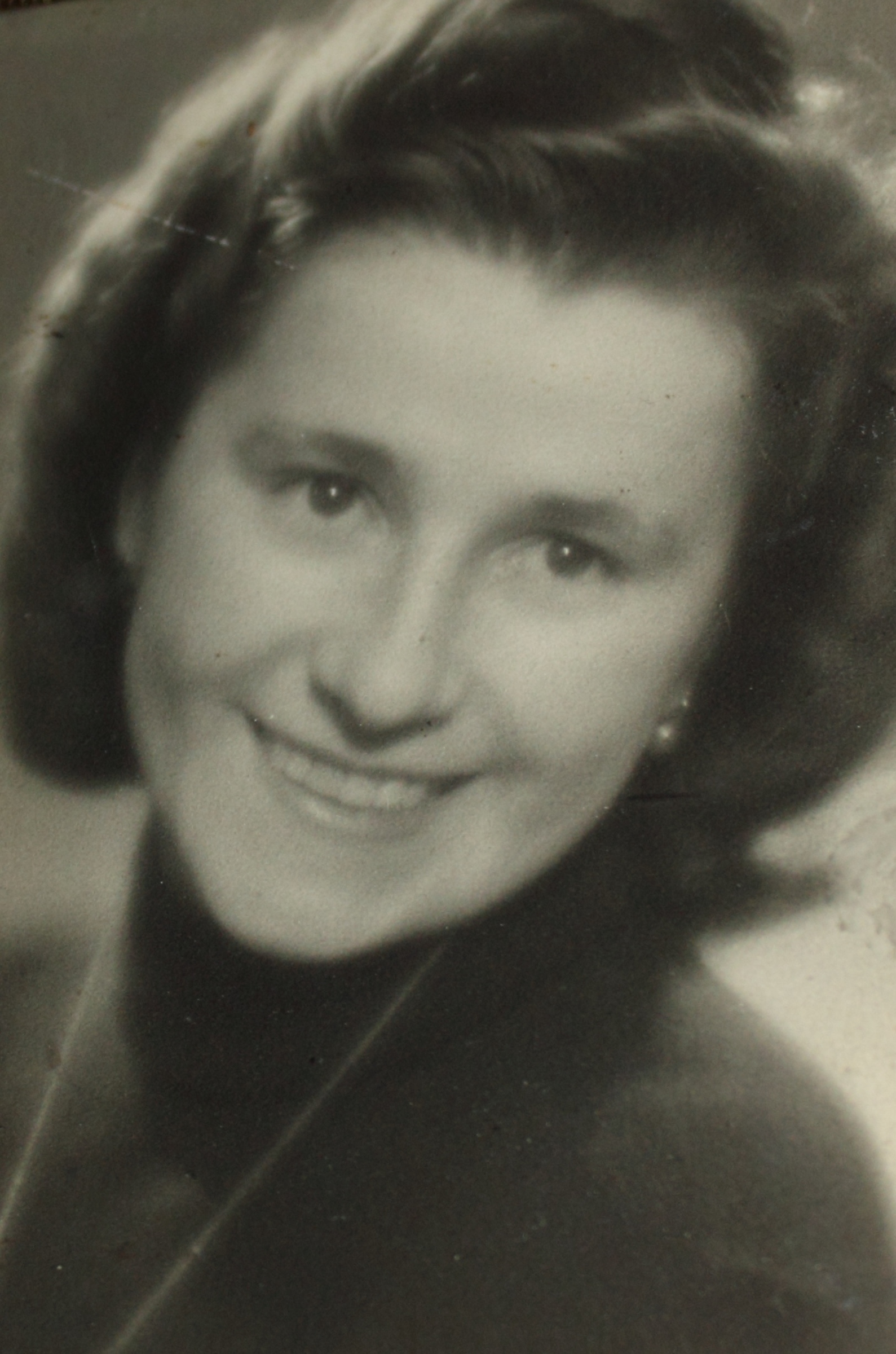A story full of love, friendship, and mutual help

Stáhnout obrázek
Růžena Carpeza Ptáčková was born on 21 September 1921 in southern Bohemia. She left her home as a young girl to work in a delicatessen in Prague. As others born in 1921, she too was assigned to forced labour in the Reich. She worked in a factory canteen and could thus support her colleagues or POWs, among whom she found her future husband, a French soldier captured on the Maginot Line. After the war she followed her fiancé to his homeland, where they married. She and her husband Georges Carpeza opened a grocery shop. She lived in France for 75 years. She returned to the Czech Republic after her husband‘s death; she lives in Černovice near Tábor. She gave birth to two sons, one of them was handicapped - she cared for him until his death - the other son died tragically at the age of twenty-six.




